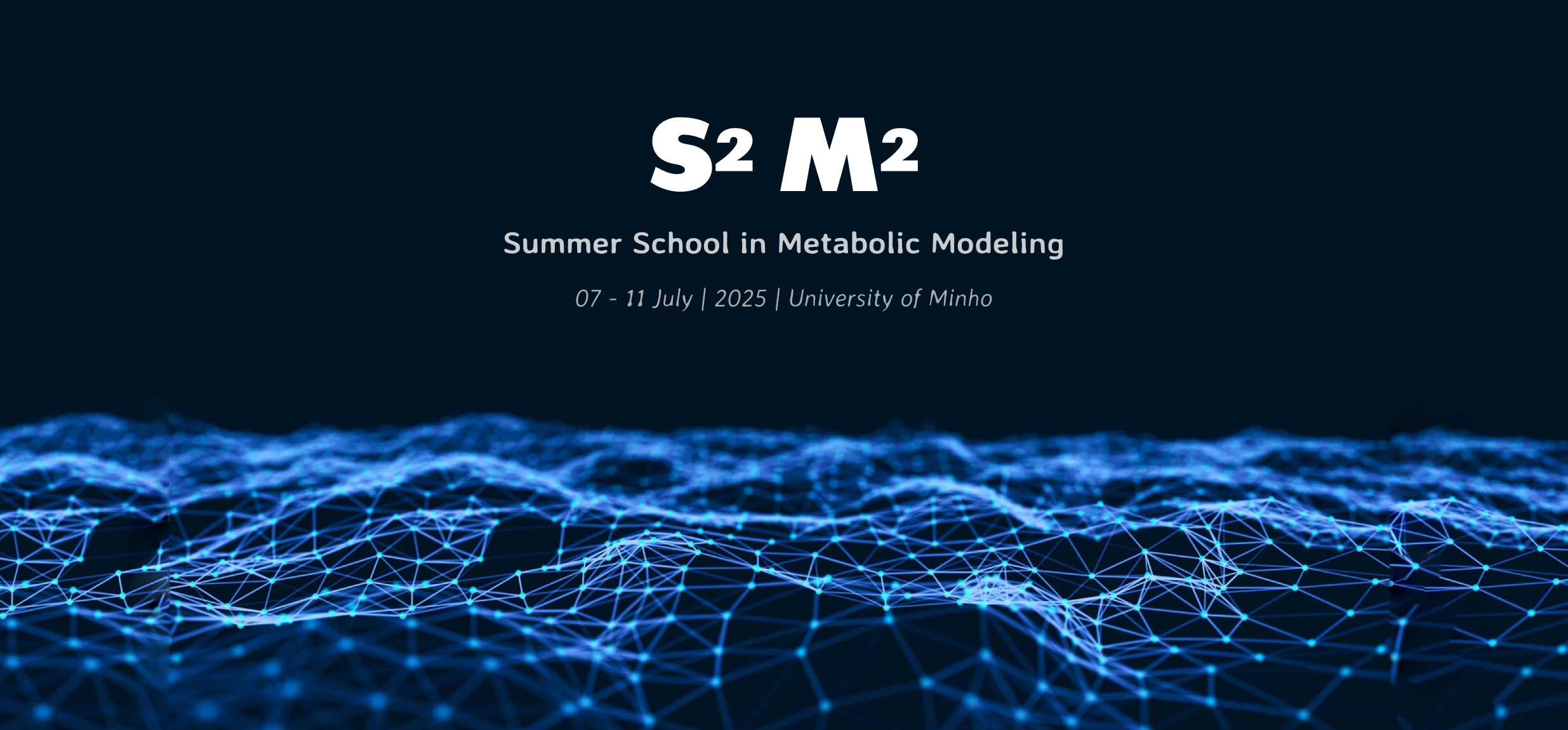The course provides an introduction to state-of-the-art metabolic modelling, covering the complete process from model reconstruction to phenotype prediction. A particular emphasis will be placed on accessible, user-friendly tools for metabolic model reconstruction and simulation, as well as computational and experimental strategies to improve model quality and predictive performance.
The course spans five days, with each day structured around morning sessions dedicated to theoretical lectures and afternoon sessions focused on practical, hands-on work. The morning sessions will cover background concepts, key methodologies, computational tools, and experimental considerations relevant to metabolic modelling. These sessions will be delivered by the course instructors and invited speakers.
The afternoon sessions will consist of extensive practical work, focused primarily on computational modelling and simulation exercises.
The course faculty bring expertise in metabolic model reconstruction, constraint-based modelling, metabolomics, and complementary experimental approaches designed to improve the predictive capabilities of metabolic models.

- Teacher: João Capela
- Teacher: Lucas Carvalho
- Teacher: Emanuel Cunha
- Teacher: Oscar Dias
- Teacher: José Faria
- Teacher: Sofia Ferreira
- Teacher: Emanuel Gonçalves
- Teacher: Almut Heinken
- Teacher: Alexandre Oliveira
- Teacher: Miguel Pacheco
- Teacher: Isabel Rocha
- Teacher: Miguel Rocha
- Teacher: Bruno Sá
- Teacher: Fernanda Vieira
